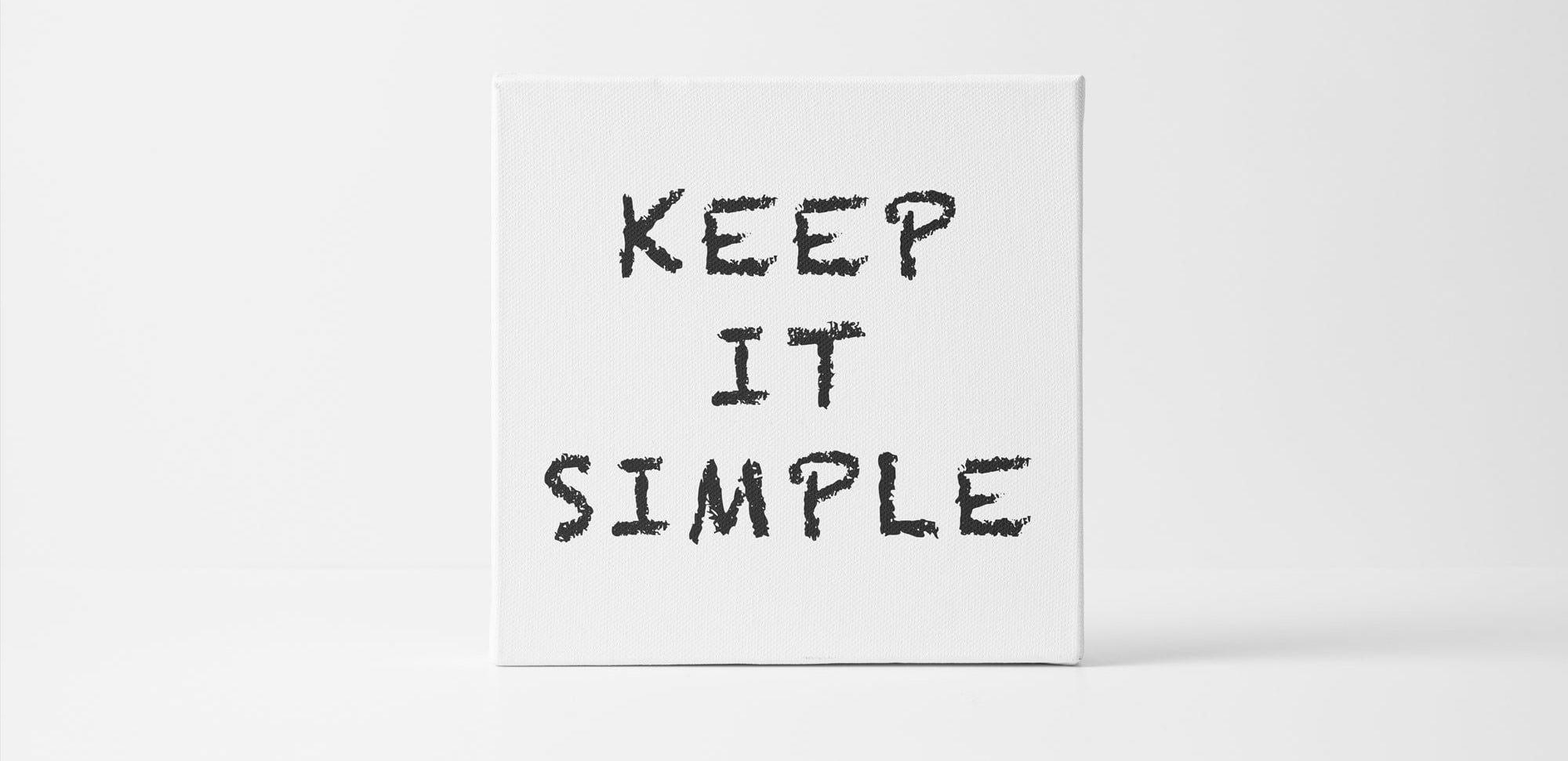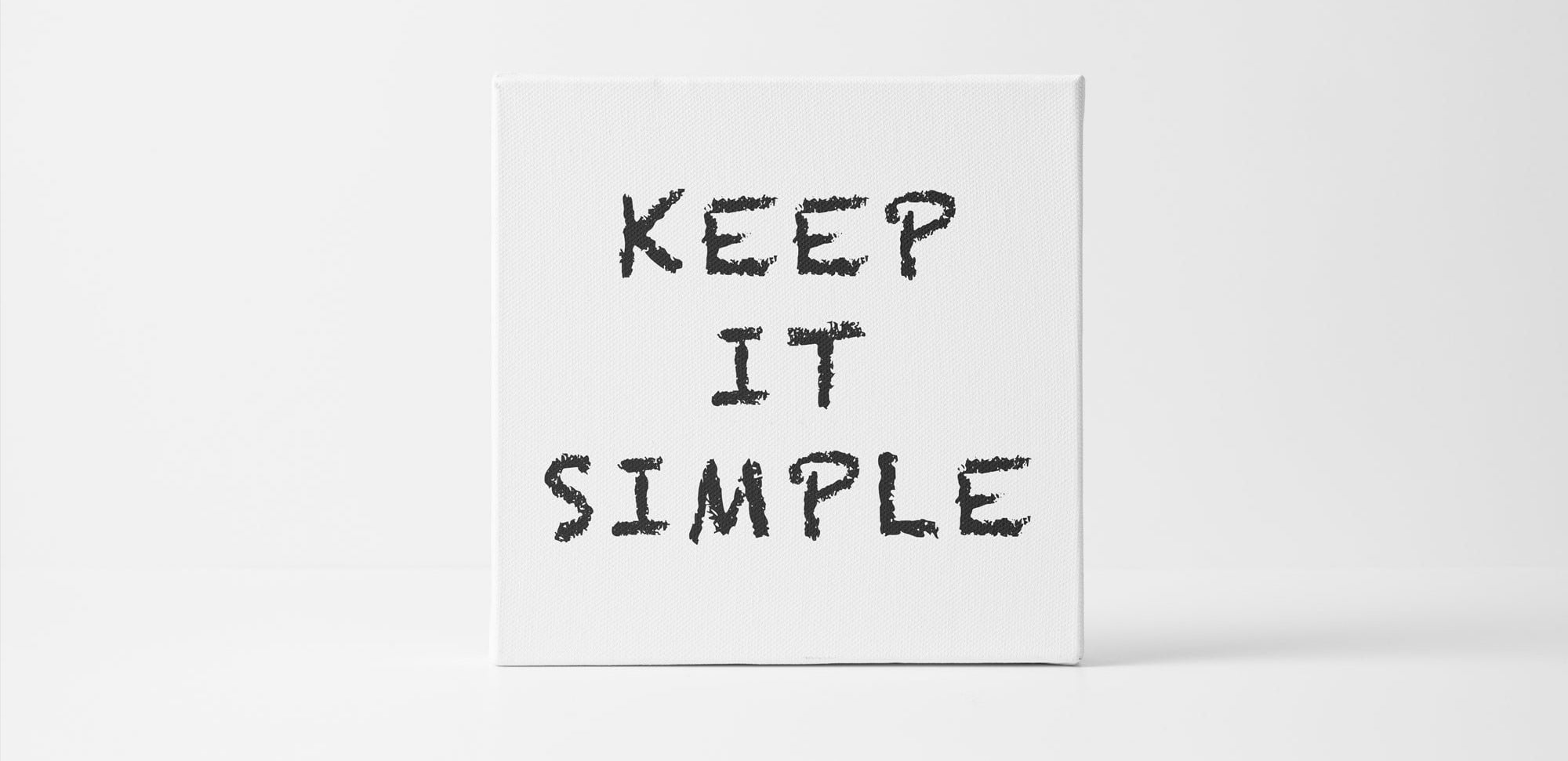Influencing the minds of customers is quite simple if you understand psychology.
Well-known social psychologists, such as Robert Chaldini and Noah Goldstein, have even done research that has allowed us to evaluate and develop simple psychological techniques that effectively affect people.
And now about the tricks themselves:
The negative image of buyers of competitors' products allows you to quickly and painlessly accept a new product of your favorite brandeven if acquaintances or other customers speak negatively about it.
The buyer must be told not only about the benefits of the product, but also about possible losses in case of refusal to purchase it.
It's better to talk about the benefits if the product is unusual in the company's assortment.
A person will quickly make a positive decision on a purchase if he knows that other people have used the goods or services of your company before him.
At the heart of the reception is the principle of social evidence. In the UK, this method was used by the Department of Tax Collection - it allowed to increase the receipt of late payments by 29%.
Active social proof helps to overcome negative public opinion.
This technique is often used in social advertising.
Addressing a client by name is guaranteed to attract his attention.
This effect in action can be observed at noisy parties or clubs, people always hear their name, no matter how loud the music plays.
Emphasizing the similarity of customers with other people who have already purchased a product or used the service, literally makes you make a purchase.
If you allow a person to look at a situation/product/service from a different angle, then you can help them realize new marketing opportunities.
People who have made a pre-sale commitment are more active in shopping.
Such an obligation may be an agreement to receive information.
Stories that show the positive impact of the product on others also contribute to increased sales.
The offer to reserve a purchase of goods that only appears on the market after a while works perfectly, obliges the buyer to make a deal in any case.









